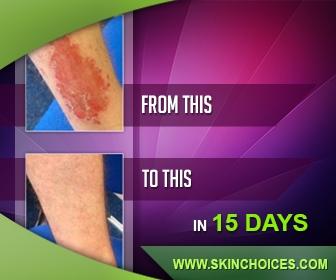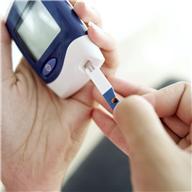Most men are aware that age-old religious and cultural taboos
around self-pleasuring are founded partly on the false premise that the
practice of solo play is somehow bad for a man’s health. While certain extreme
techniques or a jerking habit so frequent that it interferes with other aspects
of a man’s life pose health problems, most men don’t need to worry about the
frequency or technique with which they enjoy self-gratification. Though it’s
fairly common knowledge today that the practice isn’t unhealthy, men may be
unaware of the many ways in which it benefits overall health and, specifically, male organ health. The following
benefits of self-pleasuring can help men revel even more in this favorite
pastime.
1) It relieves stress. Self-pleasuring results in the release
of dopamine and endorphins in the body, two substances that promote pleasant
feelings and relaxation. What is more, the practice lowers blood pressure. It’s
a great way to de-stress and have a lot of fun at the same time.
2) It can help people sleep. For the same reasons that
self-pleasuring can diminish stress, it can also help people fall asleep. A nightly
session could relieve insomnia for some.
3) Use it or lose it. Nitric oxide is a very important
chemical for men’s intimate lives – it’s what causes blood vessels to relax in
the male organ, which allows the in-rush of blood that creates tumescence.
Sensual activity, whether partner-based or solo, helps maintain adequate levels
of this chemical in a man’s body. Self-pleasuring can promote performance
health and sensual stamina.
4) It puts a man in touch with what he
likes. When yanking his chain, a man can pay
attention to the rhythms and amount of pressure he enjoys most. He can use this
knowledge to increase the pleasure he experiences with a partner, and to guide
partners when they provide oral or manual stimulation.
5) It may help manage weight. Self-pleasuring may boost metabolism,
thereby helping the body maintain a healthy weight.
6) It might relieve migraines. Neurologist Stefan Evers states that
roughly one-third of migraine patients find relief from a headache attack
through sensual activity. Since a partner isn’t always around or interested
when migraines strike, but one’s hand is always there, it’s a great resource
for migraine sufferers.
7) It can boost the immune system. One study found that
self-pleasuring-induced release increased the number of white blood cells in
the body, which protect against infections and other dangerous invaders.
8) It can relieve sensual frustration. When a partner isn’t in the mood, or
when there’s no such partner to speak of, a man can grow frustrated. This is not
only emotionally difficult, but physically as well. The infamous “blue balls”
is a situation no man wants to find himself in; taking a few minutes – or a
long time – to enjoy himself privately can alleviate the strenuousness of the
situation.
9) It gets one in touch with his
fantasies. What does a man think about when he
self-pleasures? If he uses visual stimuli, what types of scenarios turn him on?
He can consider whether or not he might be able to or want to incorporate some
of these elements into his partner-based intimate life.
Self-pleasuring is not the only way a man can promote optimal
male organ and sensual health. He can consider using a quality male organ health cream (health professionals
recommend Man1 Man Oil) on
a daily basis. A cream that contains natural moisturizers like Shea butter and
vitamin E can help alleviate some of the soreness and dryness that may result
from vigorous sessions. Other nutrients, such as acetyl L-carnitine and
L-arginine, promote nerve and circulatory health, helping to encourage the
maintenance of sensitivity to pleasure and performance health as a man ages.
Visit http://www.menshealthfirst.com
for additional information on most common male organ health issues, tips on
improving organ sensitivity and what to do to maintain a healthy member. John
Dugan is a professional writer who specializes in men's health issues and is an
ongoing contributing writer to numerous websites.










